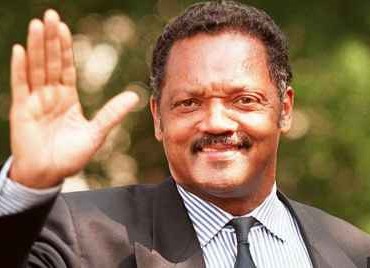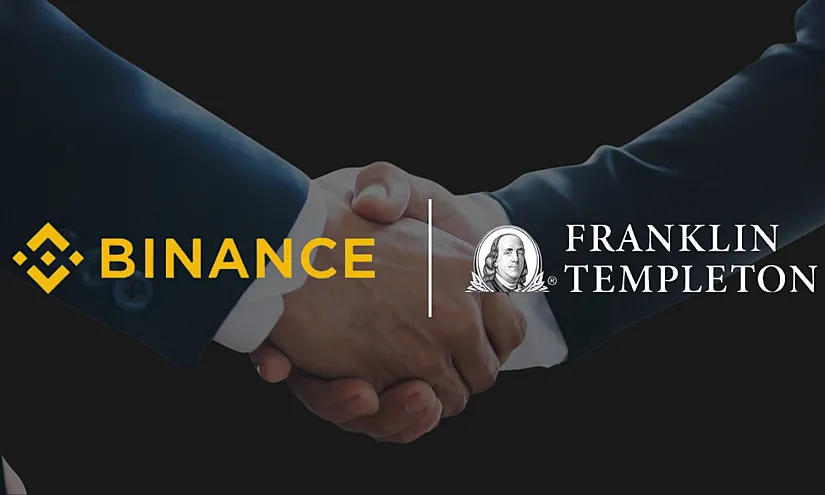Business leaders in Greater Birmingham today urged the UK and the US to avoid a “tit-for-tat” trade war following President Trump’s decision to impose massive tariffs on steel and aluminium imports.
And they called for an “open and frank” discussion at a key transatlantic conference in Birmingham next week.
The British American Business Council’s (BABC) annual conference takes place at the Royal Birmingham Conservatoire on Thursday when delegates from the UK and the US will look to build trade between the countries.
Paul Faulkner, chief executive of Greater Birmingham Chambers of Commerce (GBCC), of which the BABC Midlands division is part, said: “A trade war with the US should be avoided at all costs and if necessary it should bring our ‘special relationship’ into play especially with Brexit in mind.
“President Trump has imposed the tariff on EU countries so that raises all sorts of questions about what it will mean after we leave the EU – now less than one year away.”
Jean-Claude Juncker, the European Commission president and France’s trade minister, has already warned that the EU would go ahead with plans to impose its own duties on US products like motorcycles and peanut butter.
Mr Faulkner added: “The EU is well known for its aggressive actions over trade but the UK should bring the special relationship into play given that we will not be part of Europe after March 29 next year.
“The impact will be felt world-wide and this will addressed in depth at the BABC conference on Thursday when the key guest will be Robert ‘Woody’ Johnson, appointed US ambassador to London by President Trump.
“Business people with a long and wide knowledge of trading across the Atlantic will be speaking and their views will have added resonance because of that.
“The timing of the BABC conference in Birmingham could not be better, giving us the opportunity to address at first hand the issues that the tariff will bring.”
Key figures at the conference, at the Royal Birmingham Conservatoire on Thursday, will include Midlands Engine chairman Sir John Peace and West Midlands Mayor Andy Street.
Top economist Joe Brusuelas, from RSM, will talk about the renewed economic challenges facing business and industry in the UK and US in the wake of President Trump’s decision.
Another speaker will be Priya Guha, of RocketSpace, is a San Francisco company that helps innovators bring their ideas to the market.
The conference’s “annual interview” will feature a panel including East Midlands Euro MP Emma McClarkin and Steven Bridges, from Grant Thornton in Chicago, who will respond to questions from the floor about the future of the relationship between the UK and the US.
Ambassador Johnson is the guest speaker at a gala dinner at Birmingham Town Hall in the evening.
UK International Trade Secretary Liam Fox, who will be addressing the conference via a video link, said the 25 per cent levy on steel was "patently absurd", adding: "It would be a great pity if we ended up in a tit-for-tat trade dispute with our closest allies."
The transatlantic economy is the world’s largest market and supports 15 million jobs on both sides of the Atlantic. Aggregate US investment in Europe totalled more than €2 trillion in 2017.
In a statement Susan Danger, chief executive of the American Chamber of Commerce to the EU (AmCham EU), said: “American companies in Europe oppose the US government’s decision to impose tariffs on EU imports of steel and aluminium.
“We urge the US government to revisit its plans and the EU to take a balanced approach in responding to these measures. We are very concerned by the damage a tit-for-tat dispute would cause to the transatlantic economy and its impact on jobs, investment and security across the Atlantic.
“We continue to believe that the EU meets all the criteria set out for a permanent exemption. The EU does not pose a national security threat to the US and therefore should not be the target of such measures.
“This move puts the global trading system at risk. We hope both parties can work together to reduce tensions immediately. The EU and the US should cooperate to solve the core issue of global overcapacity. In addition, they should collaborate to address third countries’ unfair trading practices and to improve the functioning of the World Trade Organization (WTO).”
The US Chamber of Commerce Executive vice-president and head of international affairs Myron Brilliant, said: “Months ago, the US Chamber warned that alienating our strongest global allies by launching a tit-for-tat trade war would harm the U.S. economy and undermine American leadership.
“This is even clearer today: The U.S. must not expand tariffs or quotas on steel and aluminium imports to additional countries on June 1, as has been threatened.
“Such a move would hit American manufacturers with higher costs, slow the growth of the U.S. construction sector, and put the brakes on job creation in both of these key industries. U.S. steel prices are already nearly 50 percent higher than those in Europe or China, and aluminium prices have been extremely volatile; this move would add substantially to these challenges.
“Extending the reach of these tariffs and quotas to additional countries is certain to provoke widespread retaliation from abroad and would put at risk the economic momentum achieved through the administration’s tax and regulatory reforms. We urge the administration to take this risk seriously.”
The US Chamber of Commerce is the world’s largest business federation representing the interests of more than three million businesses of all sizes, sectors, and regions, as well as state and local chambers and industry associations.
Its International Affairs division includes more than 80 regional and policy experts and 25 country- and region-specific business councils and initiatives. The U.S. Chamber also works closely with 117 American Chambers of Commerce abroad.
The BABC, which incorporates BritishAmerican Business, is the largest transatlantic business network, with 22 chapters and 2,000 member companies, including many of the world’s largest multinationals, based in major business centres throughout the North America and the UK.















